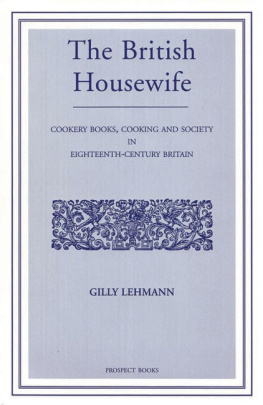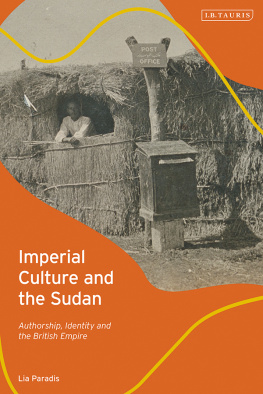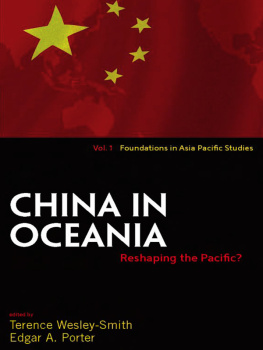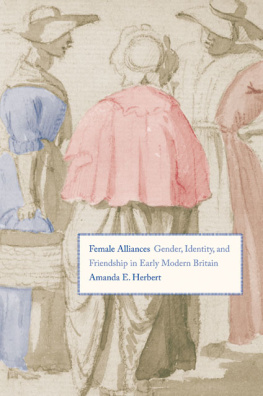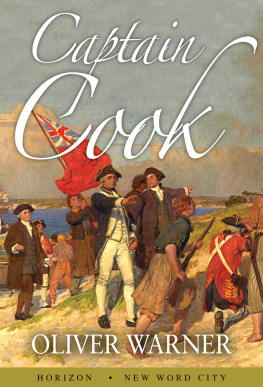Celebrity Culture and the Myth of Oceania in Britain, 17701823
At the end of the eighteenth century metropolitan Britain was entranced by stories emanating from the furthest edge of its nascent empire.
In the experience of eighteenth-century Britain, Oceania was both a real place, evidenced by the journals of adventurers like Joseph Banks, the voyage books of Captain James Cook and the growing collection of artefacts and curiosities in the British Museum, and a realm of fantasy reflected in theatre, fashion and the new phenomenon of mass print. In this innovative study Ruth Scobie shows how these multiple images of Oceania were filtered to a wider British public through the gradual emergence of a new idea of fame - commodified, commercial, scandalous - which bore in some respects a striking resemblance to modern celebrity culture and which made figures such as Banks and Cook, Fletcher Christian and his fellow mutineers on Pitcairn Island into public icons.
Bringing together literary texts, works of popular culture, visual art and theatrical performance, Scobie argues that the idea of Oceania functioned variously as reflection, ideal and parody both in very local debates over the problemsof contemporary fame and in wider considerations of national identity, race and empire.
RUTH SCOBIE is a Stipendiary Lecturer at Mansfield College, University of Oxford.
Studies in the Eighteenth Century
ISSN: 23989904
This major series from Boydell & Brewer, published in association with the British Society for Eighteenth Century Studies, aims to bring into fruitful dialogue the different disciplines involved in all aspects of the study of the long eighteenth century (c.16601820). It publishes innovative volumes, singly or co-authored, on any topic in history, science, music, literature and the visual arts in any area of the world in the long eighteenth century and particularly encourages proposals that explore links among the disciplines, and which aim to develop new cross-disciplinary fields of enquiry.
Series editors : Ros Ballaster, University of Oxford, UK; Matthew Grenby, Newcastle University, UK; Robert D. Hume, Penn State University, USA; Mark Knights, University of Warwick, UK; Renaud Morieux, University of Cambridge, UK.
Previously published
Material Enlightenment: Women Writers and the Science of Mind, 17701830 , Joanna Wharton, 2018

Ruth Scobie 2019
All Rights Reserved. Except as permitted under current legislation no part of this work may be photocopied, stored in a retrieval system, published, performed in public, adapted, broadcast, transmitted, recorded or reproduced in any form or by any means, without the prior permission of the copyright owner
The right of Ruth Scobie to be identified as the author of this work has been asserted in accordance with sections 77 and 78 of the Copyright, Designs and Patents Act 1988
First published 2019
The Boydell Press, Woodbridge
ISBN 978 1 78327 408 6
eISBN 978 1 78744 711 0
The Boydell Press is an imprint of Boydell & Brewer Ltd
PO Box 9, Woodbridge, Suffolk IP12 3DF, UK
and of Boydell & Brewer Inc.
668 Mt Hope Avenue, Rochester, NY 146202731, USA
website: www.boydellandbrewer.com
A CIP catalogue record for this book is available from the British Library
The publisher has no responsibility for the continued existence or accuracy of URLs for external or third-party internet websites referred to in this book, and does not guarantee that any content on such websites is, or will remain, accurate or appropriate
Tables and Illustrations
Tables
Figures
The author and publisher are grateful to all the institutions and individuals listed for permission to reproduce the materials in which they hold copyright. Every effort has been made to trace the copyright holders; apologies are offered for any omission, and the publisher will be pleased to add any necessary acknowledgement in subsequent editions.
Acknowledgements
T HIS book was mostly written during an Andrew W. Mellon Foundation Postdoctoral Research Fellowship in Exploring Celebrity at the University of Oxford, for which I have to thank the Foundation, Bob Harris, and Freya Johnston. My time at the Oxford Research Centre for the Humanities (TORCH) has been a model of how universities can support early-career academics during this period of uncertainty and austerity: I am grateful to Elleke Boehmer, Stephen Tuck, and Victoria McGuinness. Early research was funded by the AHRC, including a travel grant that allowed me to visit archives in Australia and New Zealand. The State Library of New South Wales and the National Library of Australia kindly gave permission to reprint images from their (beautifully catalogued and photographed) collections.
In the five years that this book has been a work in progress, many peoples questions and suggestions have helped me to think about these ideas in new ways, including Ros Ballaster (who also let me use her office to write in), Clare Bucknell, Helen Cowie, Oliver Cox, Faramerz Dabhoiwala, Mary Fairclough, Jessica Goodman, David Kennerley, Antoine Lilti, Sandra Mayer, Tom Mole, Fabio Morabito, Killian Quigley, Amber Regis, Nicholas Thomas, Susan Valladares, John Walsh, Joanna Wharton, and the students on the British Globalizations, Georgian to Romantic M.St. paper in 2015. Comments from the reviewers and editors at Boydell & Brewer were always perceptive and constructive.
I would especially like to thank Harriet Guest for her generous insights and patience. Kieran Hazzard complained very little when I stayed late at work, lectured him on obscure celebrities, or moved cities at short notice, and has generally made this whole process more fun.
Introduction
See modern Fame
Dupeley : Novelty and pleasure are the beings I pursue They have led me half the world over already; and for aught I know they may some time or other carry me to the Otaheite.
Sir Harry : You have pursued but their shadows here they reign in the manners of this New Arcadia, and the smiles of the sweet Maid of the Oaks.
I N its own imagination, the modern British metropolis used exotic islands to represent both what it was not, and what it was, or might be. A throwaway reference to the Otaheite, in an exchange between man of the world Mr Dupeley and ideal Englishman Sir Harry Groveby in the Drury Lane comedy The Maid of the Oaks , interrupts patriotic pastoral with a topical joke. Tahiti (and the wider region of Oceania for which it often stood
As a self-consciously urban and urbane figure, equally cynical and gullible, the cosmopolitan Dupeley recalls the much-satirised presentation of the botanist-libertine Joseph Banks in the notorious but popular account of Cooks first voyage to Oceania that had prompted the craze in the first place. As he admits, though, Dupeley has never actually been to Otaheite, even if he has travelled half the world over, nor does he actively plan to travel there. Oceania, for the vast majority of Britons in 1774, was a place not to be visited but to be experienced vicariously through figures like Banks and Cook, or imaginatively through the theatrical and popular culture of places like the Drury Lane Theatre. Over the next fifty years, as the nature of the metropoliss contact with Oceania changed, ideas about Oceania would be in many ways transformed but would remain broadly understood as material for self-reflexion.



